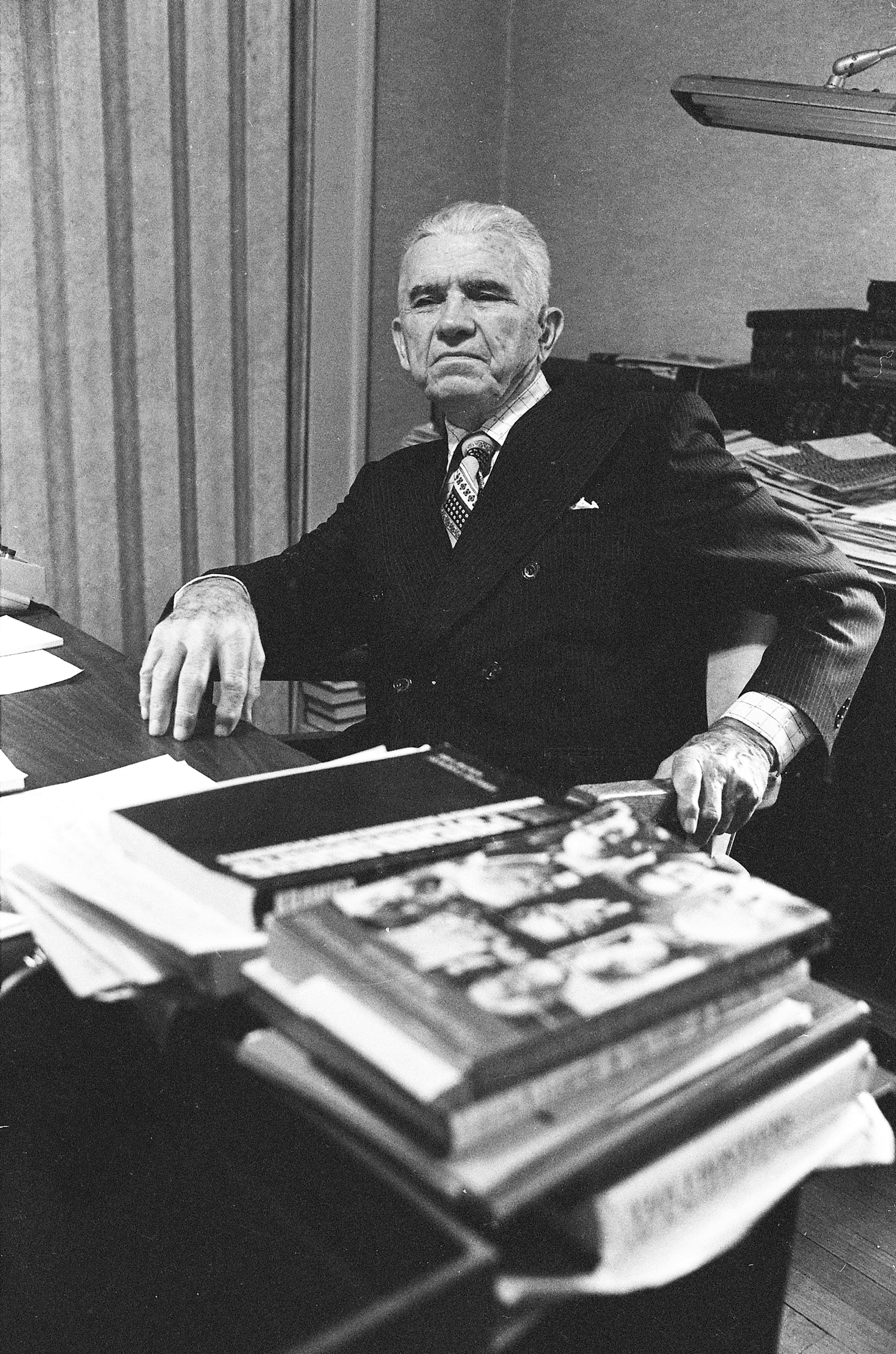
ESP Is Put to the Test—Can You Foretell the Results?
It's just hokum, say researchers, who offer a new experiment as proof.
The phone rings; you see the caller ID, pick it up and say, "Wow! I was just heading to the phone to call you." Or ... you close your eyes and wish as hard as you can as the batter swings, and then he hits it out of the park. Or ... you have an uneasy feeling all day about your son; he comes home with a broken thumb, and you say, "Thank goodness. I thought you were going to break your arm."
Did you telepathically signal your friend to call? Did your thoughts generate a home run? Did you get a glimpse of your son's future pain? Do you have extrasensory perception? Does anyone?
Not that anyone who believes in ESP will believe it, but a study published January 13 in PLOS ONE, an online peer-reviewed journal, came up with an answer—a resounding "No."
Piers Howe and Margaret Webb, both of the University of Melbourne in Australia, showed 48 volunteers pairs of photographs of people, a split second apart, some of which had minor changes (e.g., a haircut, the addition of red lipstick) and some of which were identical. The volunteers consistently detected that there was a change but could not say what the change was.
"From their perspective, they were able to sense changes they could not see. We had induced the impression of a sixth sense," says Howe. But the sixth sense doesn't exist: It's simply a matter of detecting a change we are unable to verbalize.
For decades, others have attempted to examine ESP—a term that embraces phenomena from telepathy to clairvoyance. Here are two such experiments, one of the earliest and one of the most recent:
The Study: Can people use ESP to figure out what's on the face of a card? Probably the earliest attempt to prove the existence of a sixth sense was undertaken by Joseph Banks Rhine at Duke University and published by the Boston Society for Psychic Research in 1934.
Methodology: Research subjects were presented with shuffled decks of cards; each card pictured one of five symbols: a cross, a circle, a wavy line, a square, or a star. Each deck had 25 cards, and chance alone would predict five correct answers. In one experiment, 2,400 guesses were made, 489 of which were correct—more than twice as many as would be correct by mere chance.
What Skeptics Think: Some claimed cheating by subjects and sloppiness by researchers.
What ESP Believers Think: The statistical probability of this result is roughly a million to one, so something unknown is going on.
The Study: Does precognition exist? Can we "feel" the future? A report by Daryl Bem of Cornell University published in 2011 in the Journal of Personality and Social Psychology triggered outrage in the psychological community.
Methodology: Bem conducted nine experiments involving 1,000 subjects. In some, subjects were shown two computer images of curtains and told that behind one of the curtains was an image, behind the other, a blank screen. They were to click on the curtain that they believed covered the image. In some tests, the images were soft-core pornography. (Volunteers were warned ahead of time that if they objected to such images, they should not participate in the study.) In other tests, the images were non-erotic. For each click, they had a 50-50 chance of being correct. When the images were non-erotic, the results were close to chance: 49.8 percent. But the subjects correctly located the pornographic images 53.1 percent of the time. Other tests checked the volunteers' memories of lists of words, showing that they could anticipate which words they'd be asked to recall. Overall, although the effect was small, it was statistically significant.
What Skeptics Think: So far, other researchers have been unable to reproduce Bem's results.
What ESP Believers Think: Some people will agree with Bem's statement at the conclusion of his paper, where he said wished that psychologists would be more open to considering "impossible things."
Researchers will continue to attempt to use scientific methods to prove or disprove reincarnation, crop circles, or whether anyone can predict the future. A 2005 Gallup poll found that about three out of four Americans subscribe to at least one paranormal belief, such as ESP, haunted houses, or telepathy.
It seems that when it comes to a sixth sense, what we know for sure is that people will believe exactly what they want to believe.